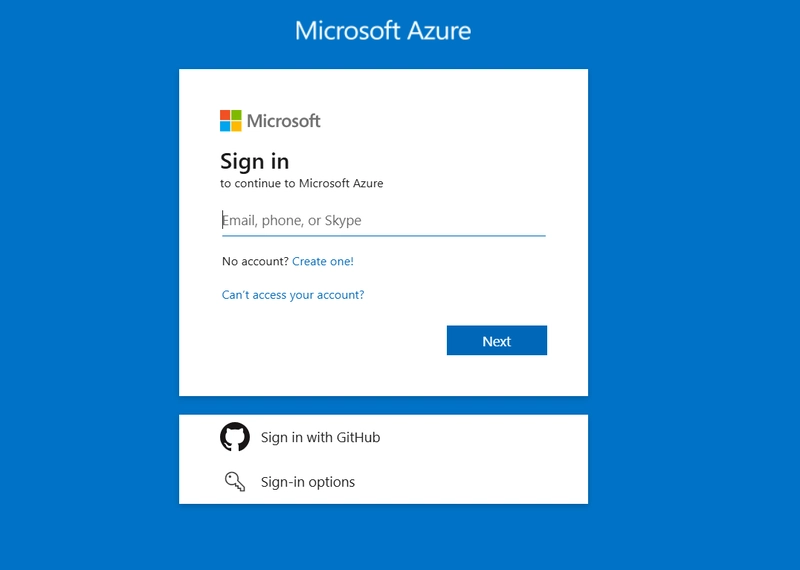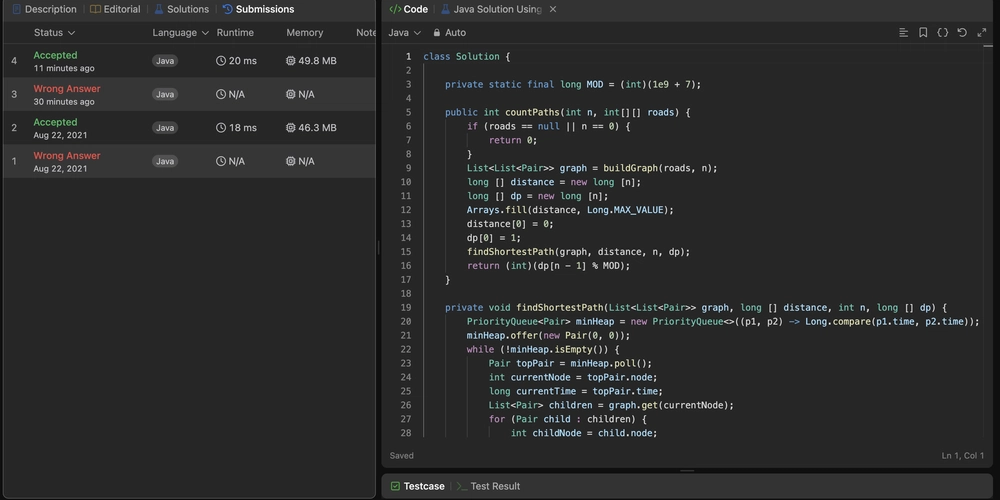What is Selenium?
Selenium is an open-source automation tool primarily used for automating web browsers. That means you can use Selenium to simulate real user actions—like clicking buttons, filling forms, or navigating pages—on a website, but automatically through code. It supports multiple programming languages including Python, Java, C#, and JavaScript, but Python is a favorite due to its readability and ease of use. Why Do We Use Selenium Automation? Selenium is used in test automation because: Saves Time & Effort: Manual testing of websites is slow and repetitive. Selenium can automate this process, running through hundreds of test cases in minutes. Consistency: Unlike humans, automation won't forget steps or make typos. It ensures your website works the same way every time. Cross-Browser Testing: It works with multiple browsers like Chrome, Firefox, Safari, etc., so you can test your site across different platforms. Regression Testing: If you change some code in your app, you want to make sure you didn’t break anything else. Selenium can rerun all your previous test cases quickly. Relevance of Selenium in Automation Testing Using Python Python + Selenium is a powerful combo for web automation. Here’s why it’s relevant: Python is beginner-friendly: You can write and understand tests quickly. Fast development time: Python’s syntax is clean, making it quicker to write test scripts. Rich ecosystem: Python has libraries like unittest, pytest, and Behave (for BDD) that integrate well with Selenium for building strong testing frameworks Real-world use: Many companies and QA teams use Selenium with Python to test web apps as part of their CI/CD pipelines.

Selenium is an open-source automation tool primarily used for automating web browsers. That means you can use Selenium to simulate real user actions—like clicking buttons, filling forms, or navigating pages—on a website, but automatically through code.
It supports multiple programming languages including Python, Java, C#, and JavaScript, but Python is a favorite due to its readability and ease of use.
Why Do We Use Selenium Automation?
Selenium is used in test automation because:
Saves Time & Effort: Manual testing of websites is slow and repetitive. Selenium can automate this process, running through hundreds of test cases in minutes.
Consistency: Unlike humans, automation won't forget steps or make typos. It ensures your website works the same way every time.
Cross-Browser Testing: It works with multiple browsers like Chrome, Firefox, Safari, etc., so you can test your site across different platforms.
Regression Testing: If you change some code in your app, you want to make sure you didn’t break anything else. Selenium can rerun all your previous test cases quickly.
Relevance of Selenium in Automation Testing Using Python
Python + Selenium is a powerful combo for web automation. Here’s why it’s relevant:
Python is beginner-friendly: You can write and understand tests quickly.
Fast development time: Python’s syntax is clean, making it quicker to write test scripts.
Rich ecosystem: Python has libraries like unittest, pytest, and Behave (for BDD) that integrate well with Selenium for building strong testing frameworks
Real-world use: Many companies and QA teams use Selenium with Python to test web apps as part of their CI/CD pipelines.









































































































































































![[The AI Show Episode 144]: ChatGPT’s New Memory, Shopify CEO’s Leaked “AI First” Memo, Google Cloud Next Releases, o3 and o4-mini Coming Soon & Llama 4’s Rocky Launch](https://www.marketingaiinstitute.com/hubfs/ep%20144%20cover.png)



























































































































![[DEALS] The All-in-One Microsoft Office Pro 2019 for Windows: Lifetime License + Windows 11 Pro Bundle (89% off) & Other Deals Up To 98% Off](https://www.javacodegeeks.com/wp-content/uploads/2012/12/jcg-logo.jpg)




























![Is this too much for a modular monolith system? [closed]](https://i.sstatic.net/pYL1nsfg.png)






















































































































_Andreas_Prott_Alamy.jpg?width=1280&auto=webp&quality=80&disable=upscale#)





























































































![What features do you get with Gemini Advanced? [April 2025]](https://i0.wp.com/9to5google.com/wp-content/uploads/sites/4/2024/02/gemini-advanced-cover.jpg?resize=1200%2C628&quality=82&strip=all&ssl=1)













![Apple Shares Official Trailer for 'Long Way Home' Starring Ewan McGregor and Charley Boorman [Video]](https://www.iclarified.com/images/news/97069/97069/97069-640.jpg)
![Apple Watch Series 10 Back On Sale for $299! [Lowest Price Ever]](https://www.iclarified.com/images/news/96657/96657/96657-640.jpg)
![EU Postpones Apple App Store Fines Amid Tariff Negotiations [Report]](https://www.iclarified.com/images/news/97068/97068/97068-640.jpg)
![Apple Slips to Fifth in China's Smartphone Market with 9% Decline [Report]](https://www.iclarified.com/images/news/97065/97065/97065-640.jpg)



































































































































